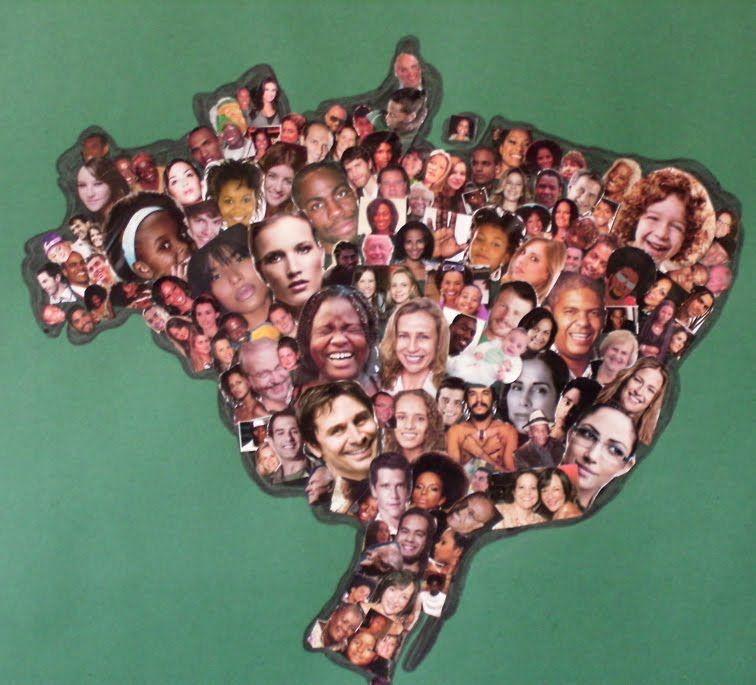Princess Nokia Is Ready to Reign
The Village Voice
2017-03-29
Ivie Ani

ioulex
I meet up with Destiny Frasqueri — the 24-year-old Nuyorican alternative hip-hop artist known variously as Princess Nokia, Wavy Spice, or simply Destiny — in the East Village. I’m running late; she’s even later, so I get to the Astor Place cube first. Fifteen minutes later she walks up, dressed, as she’d indicated in a text apologizing for being behind schedule, in a beige duster coat and sweats to match, carrying a cherry-print Louis V bag. She’s wearing oversize shades, no makeup, just a touch of mascara. Her dark hair blows in the breeze, caressing a diamond-studded choker.
Frasqueri has appeared in Vogue, modeled for Calvin Klein, and had her song “Tomboy” used for an Alexander Wang runway show. But what makes her a figure of fascination for music aficionados in their teens and early twenties is the way she celebrates the beauty of imperfection, building a hero’s identity out of being a self-described “fucked-up kid.” She’s stunning yet still rough around the edges, rhyming about wearing dirty sneakers, smoking blunts in the stairwell, and proclaiming the power in her heritage. For her followers, her attractiveness lies in her contrasts. “Eczema so bad I’m bleeding,” she raps on “Bart Simpson,” the first track on 1992, the album she put up on SoundCloud last September. Sure enough, I look down and her irritated hands are bleeding slightly.
“I’m just ghetto as hell,” she says once we’ve settled in at San Loco for some chicken nachos. “That’s the only way that I know how to just be myself.”…
…Frasqueri’s mom passed by the time she was nine, and she grew up living in various homes across the Bronx, Harlem, and the Lower East Side. She experienced abusive foster care, life in the projects, and brief escapes to camp with wealthy kids from the Upper West Side. She’d skip class but bury herself in books, digging deep into the Black literary canon. (“I am Black Harlem Renaissance,” she says. “I am Walter Dean Myers and Langston Hughes, baby.”) She taught herself, studying Kemetic philosophy, practicing brujería and Santería, claiming her inheritance of Yoruba and Taíno cultures, and falling in love with New York City. Pissy project elevators and breezy summer barbecues in the street suffuse Frasqueri’s memories. She represents a specific kind of New York, what she describes as her own “urban realism.” “What makes life beautiful?” she muses at one point. “The ghetto makes life beautiful. Black people make life beautiful.”…
…“I’m a Brown Afro-indigenous woman. That makes people uncomfortable as it is. The folks that have a problem with me and say, ‘You still live with privilege. You not fully Black.’ I can’t win and I can’t lose, so I’ma just keep going.” She smiles. “Yes, I’m mixed-race. There’s girls who look like me and glorify being exotic. I have a responsibility to my Blackness.”…
Read the entire article here.





